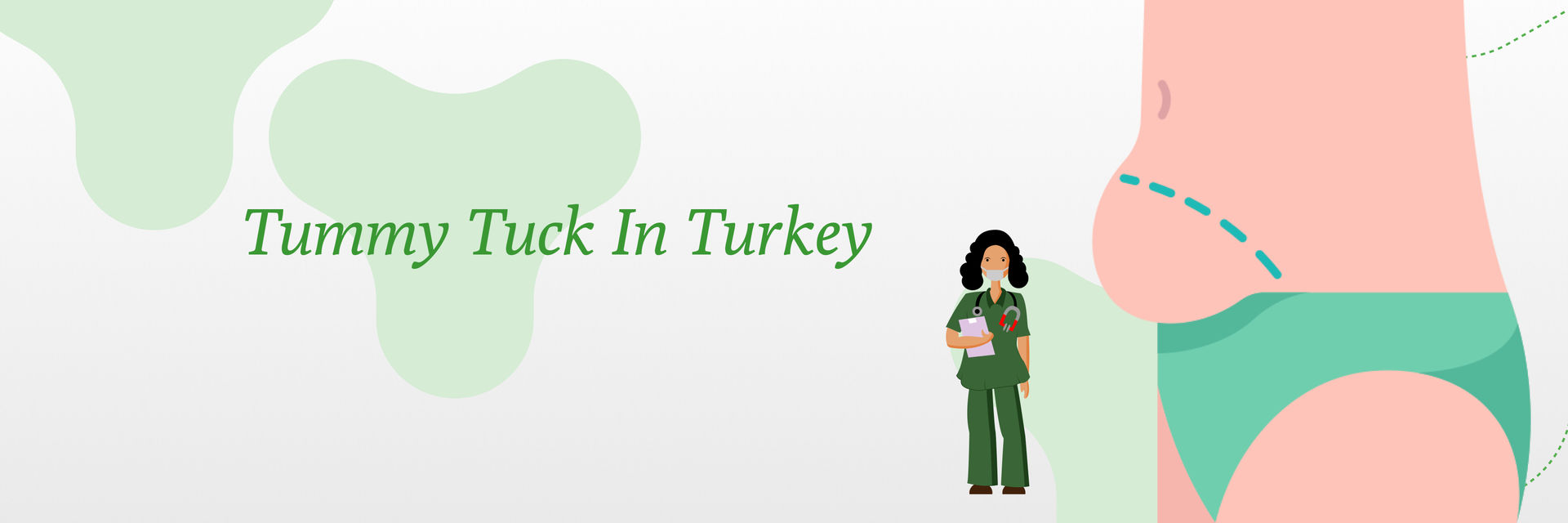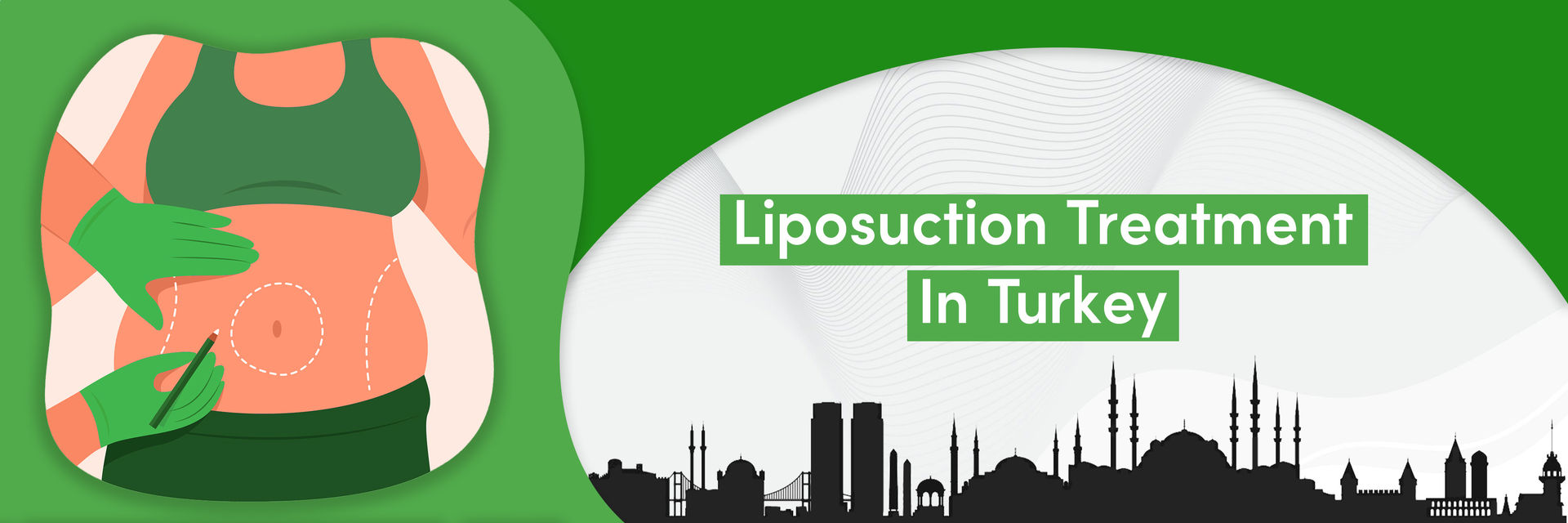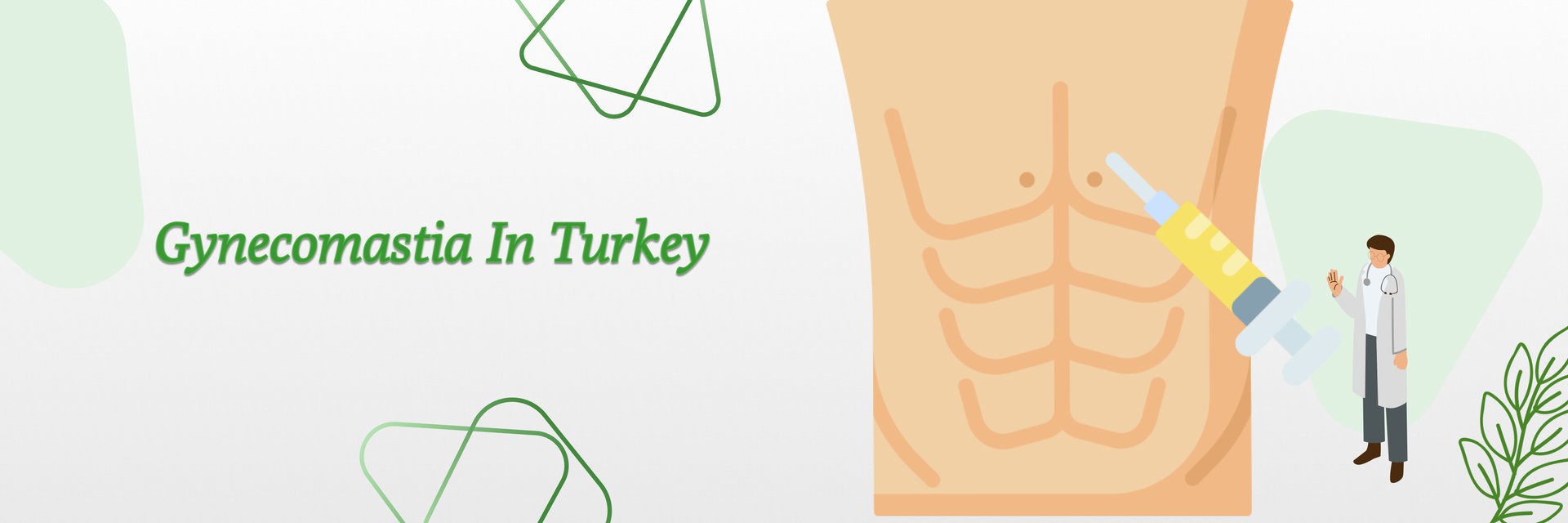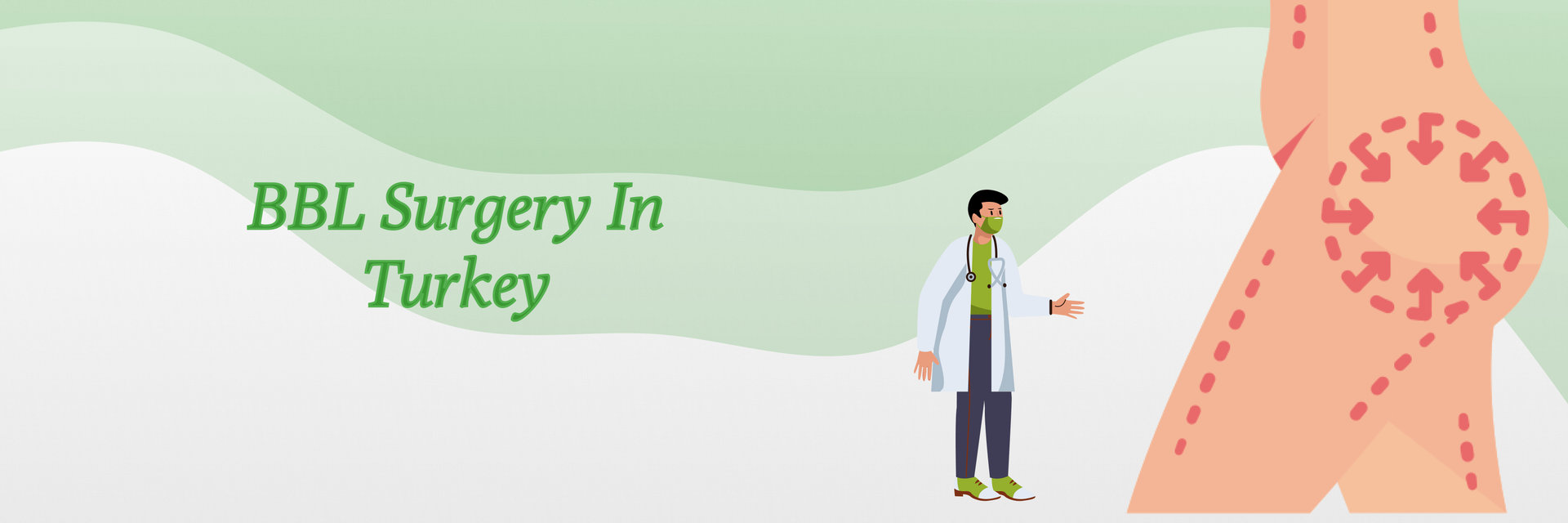Post-pregnancy, women often face various changes that can impact their self-esteem. One common concern is the transformation of their breasts after childbirth and breastfeeding. It's completely natural for breasts to change during and after pregnancy, but for some, it can be a cause of insecurity. This is where a boob job or breast augmentation surgery, comes into play. In this comprehensive guide, we will delve into the world of post-pregnancy breast enhancement, shed light on the reasons, procedures, and considerations involved.
Many women opt for breast augmentation after pregnancy and breastfeeding to regain the shape and fullness of their breasts. Breast augmentation surgeries involve the use of either artificial implants or fat grafting. This helps to increase the size or firmness of the breasts.
Confused about when to get a boob job and whether you are eligible for it or not?
Then read below.

When is the right time to undergo a boob job after pregnancy?
Breast size and shape may continue to change in the months following pregnancy and breastfeeding since your body needs time to stabilize. It is best to wait 6 months to a year or longer after breastfeeding has stopped to do any surgery, the time usually the breasts require to settle into their shape.
The other eligibility criteria for a post-pregnancy boob job include:
- Post-Pregnancy Period: It's generally recommended to wait until family planning and breastfeeding before undergoing breast augmentation. As both pregnancy and breastfeeding can further alter the appearance of your breasts, it is advisable you have completed your family, to achieve lasting results.
- Consultation with a plastic surgeon: They can assess your medical history and breast tissue and provide personalized recommendations.
- Breastfeeding: If you are considering breastfeeding in the future, it is recommended to delay breast augmentation until after you have completed breastfeeding. This is because the procedure can impact milk production. It is generally advised that breastfeeding mothers should avoid getting breast surgeries during nursing. They are advised to wait 3-6 months after lactation to get the surgery done.
- Overall health condition: Patients should be in overall good health. If you have any other medical conditions, first get cured of that or else talk to your doctor before the cosmetic procedure.
- Weight: It's important to have a proper weight (varies from person to person) before undergoing breast augmentation to ensure long-lasting results.
- Recovery: Breast augmentation surgery requires a period of recovery, during which childcare assistance would be required. Adequate downtime and support during your recovery period have to be planned.
- Risks and complications: There are potential risks and complications, such as infection, scarring, implant rupture, or changes in sensation.
- Cost: Breast augmentation is typically not covered by health insurance, so you should budget for the procedure and associated costs.
Your health is too important to ignore – schedule your appointment now.
Wondering if it is safe to do a postpartum boob job….then read further.
Side effects of post-pregnancy boob job

Like any surgical procedure, a post-pregnancy boob job also carries potential side effects and risks. It's essential to be informed about these possible side effects before making a decision. Keep in mind that the severity and occurrence of side effects can vary from person to person.
Here are some common side effects associated with postpartum boob job:
- Pain and Discomfort: Pain and discomfort are common in the days following breast augmentation surgery. This can be manageable with pain medication prescribed by your surgeon.
- Swelling: Swelling of the breasts is a natural response to surgery and can persist for several weeks. Wearing a supportive bra and following your surgeon's recommendations can help reduce swelling.
- Bruising: Bruising around the surgical site is common and usually subsides within a few weeks.
- Scarring: Breast augmentation involves incisions, which can result in scars. The appearance of scars can vary but generally fades over time. Surgeons make efforts to place incisions in locations that are less visible.
- Infection: Although rare, there is a risk of infection at the surgical site. Follow proper wound care and hygiene instructions to minimize this risk.
- Implant-related Issues: Some implant-related side effects are common including implant rupture, leakage, or the development of scar tissue around the implant (capsular contracture). These issues may require additional surgery to address.
- Changes in Breast Sensation: Temporary changes in breast sensation, including numbness or hypersensitivity, can occur. In most cases, sensation gradually returns to normal, but there can be permanent changes in some instances.
- Breastfeeding Difficulties: Breast implants can potentially affect breastfeeding. The ability to breastfeed successfully may be compromised, especially if the incision was made around the areola or if the implant placement disrupts milk ducts.
- Implant Malposition: Implants may shift or settle into an undesirable position, requiring revision surgery to correct.
- Visible Rippling or Wrinkling: Some patients may notice visible rippling or wrinkling of the implant underneath the skin. Specifically, if they have saline implants or thin breast tissue.
- Allergic Reaction or Hypersensitivity: Though it is a rare condition, some individuals may experience allergic reactions to implant materials.
- Psychological Impact: It's essential to consider the potential psychological impact of the procedure. Unrealistic expectations or dissatisfaction with results can lead to emotional distress.
It's crucial to discuss these potential side effects and risks with your plastic surgeon during your consultation. Apart from that, following your surgeon's pre-operative and post-operative instructions can significantly reduce the risk of complications and improve your overall experience with boob job after pregnancy.
Are you anxious about knowing the side effects of post-pregnancy breast augmentation?
Don't worry; adhering to strict post-operative guidelines can help you achieve the best results. Keep reading to become aware of them.
Post-operative guidelines

- Activity Restrictions: Restrict your physical activities for some time. Avoid heavy lifting, strenuous exercise, and activities that could strain the chest muscles.
- Support Garments: Wear a support surgical bra or a compression garment to support the healing and minimize swelling.
- Full Recovery: It can take several weeks to months. The final results will not be fully apparent till swelling subsides, and the implants settle into their desired position.
- Pain Management: You may experience discomfort and pain after the procedure. Your surgeon will prescribe pain medication or recommend over-the-counter pain relievers to manage this. Take medications as directed and do not exceed the recommended dosage.
- Hygiene and Incision Care: Keep the surgical area clean and dry. Your surgeon will provide instructions on how to care for your incisions. This includes applying an ointment and changing dressings. Follow these guidelines carefully to minimize the risk of infection.
- Scar Care: To minimize scarring, you may be advised to apply silicone gel or sheets to the incision sites. Protect your scars from direct sunlight, as UV exposure can cause them to darken. Your surgeon may also recommend scar massage techniques.
- Swelling and Bruising: Swelling and bruising are common after surgery. To reduce swelling, keep your upper body elevated when resting or sleeping. Cold compresses can help manage both swelling and bruising during the initial days following surgery.
- Patience: It can take several weeks or even months for your breasts to settle into their final shape and for any residual swelling to subside.
Always consult with your plastic surgeon if you have any concerns or questions during your recovery. Following these post-operative guidelines diligently will contribute to a successful breast augmentation recovery and enhance the long-term results of your surgery.
Take charge of your health and your life. Contact us today!
Success rate of boob job after pregnancy

The success rate of a boob job after pregnancy is quite high when performed by a skilled and experienced plastic surgeon. However, it's important to note that success can be subjective and dependent on individual expectations and goals.
Here are some factors that can influence the success of a breast augmentation procedure after pregnancy:
- Skill of the Surgeon: The expertise and experience of the plastic surgeon play a crucial role. Choosing a board-certified plastic surgeon with a proven track record of successful breast augmentation procedures can significantly increase the chances of a positive outcome.
- Patient Satisfaction: Success is often measured by patient satisfaction. If the patient achieves the desired breast size, shape, and symmetry, and is happy with the results, the procedure can be considered successful from their perspective.
- Realistic Expectation: Patients who have realistic expectations about the outcome of the surgery are often more satisfied with the results. Breast augmentation can enhance the appearance of the breasts. But may not achieve perfection or completely reverse all post-pregnancy changes.
- Implant Selection: The choice of implant, size, and placement can significantly impact the success of the procedure.
- Breast Changes: As we know both pregnancy and breastfeeding can lead to significant changes in breast tissue and shape. While breast augmentation surgery can enhance the appearance of the breasts, it may not fully reverse all the post-pregnancy changes.
- Recovery and Healing: Post-operative instructions and sufficient recovery time follow-up care are important for success.
Will pregnancy have any impact on my boob job?

The following risks may be encountered during pregnancy if a breast augmentation surgery has been performed:
Asymmetrical implants, Breast pain, Thinning and shrinking of skin, Hard calcium deposits, Hardening of the areas around the implant, delayed healing of the incision site, blood around the incision site, tissue damage, sagging of breasts, issues with lymph nodes. If any of these issues are seen, consult your doctor.
Another belief is that breastfeeding can transmit silicone to children. However, there are not many studies on this to either accept or reject the claim.
Your well-being is our priority - call us to book your appointment today
How does pregnancy affect breast implants?
The implants may be affected in the following manner and the following may be observed:
There are several potential complications that can arise from an implant, including leakage, skin breakage, and implant visibility. Moreover, there is a risk of infection, irritation, inflammation, and rashes in the vicinity of the implant. Another concern is the possibility of displacement or compromised placement of the implant.
References:







